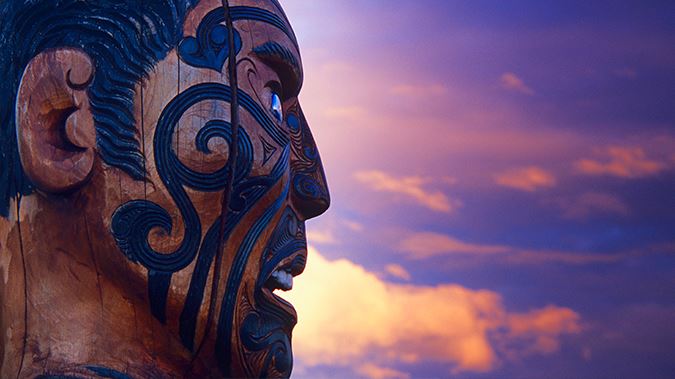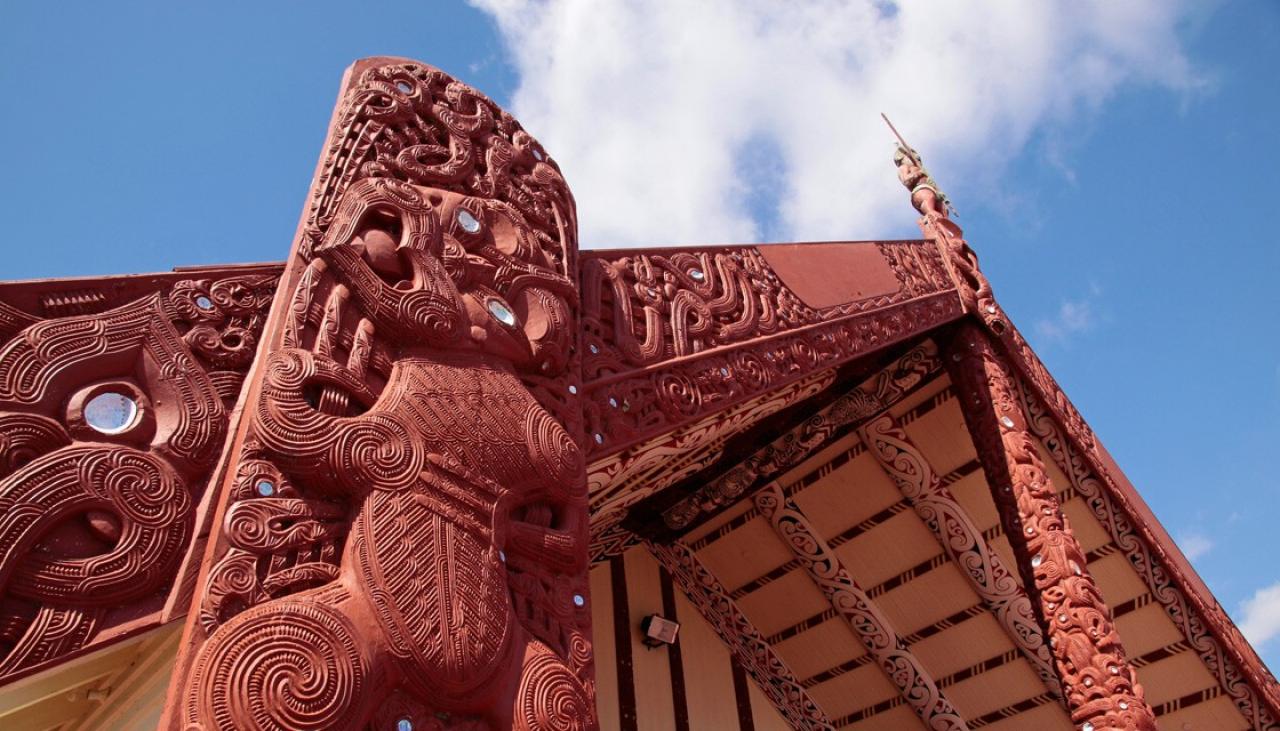Introduction
The longest journey begins with the first step (Lao Tzu) and learning is an exciting and memorable undertaking because it opens the door to meaningful and respectful engagement with a range of Māori communities and groups and at the same time it equips us with a sensitivity and regard for what might be for many of us a different world view.

I can only say in terms of my own learning journey that I feel blessed to have learned from a very patient and in an area where no English was spoken – not even for my sake. It was a willing partnership where my keenness to understand was matched by their graciousness and humility as . The moment I shifted gears between listening to translate to listening to understand the light went on for me and I have never switched it off since. All of the old people who were a part of my early learning have now passed – I had a unique opportunity learn from them as te reo Māori was their first and usual language in everyday situations. I got to walk with them as they lived their words and I got to give something back through a work project in an earlier role with the Corrections Department. In the mid 1990s I was privileged to lead a group of prison inmates and staff to refurbish the Marae ki Ruatāhuna in preparation for the hosting of the annual .
It was a visceral learning pathway. I now understand that as a means by which the integrity of the spoken word has been upheld. The of te reo Māori in the heart of Ngāi Tūhoe ki Ruatāhuna is very much enshrined in the spoken word and great care is exercised to ensure that meaning, , and context are protected and nurtured for future generations. Local banter in whānau gatherings where outrageous liberties were taken with meshing Pākehā and Māori words and expressions were simply never echoed in formal speaking environments. This allowed me as an observer to see more clearly where the boundaries between informality and formality lay. I had experiences where I was in awe of the challenge in front of me and at the same time hugely supported by the local people. I have much love for them all.

The most significant piece of learning for me was in understanding that strictly speaking, there are no direct translations for either ‘please’ or ‘thank you’. That is principally because in that setting when you received something the onus was on you to make sure that gesture was repaid. Words were superfluous; giving back was always the best way to acknowledge such generosity.
My advice is to be courageous and try to use the language – being corrected is a signal of acknowledgment; be humble in this pursuit.
– Grant Daly, Learning & Development Manager, Victim Support New Zealand
Heoi anō, e ranatira mā, e kuia mā, wētahi tōtara kua hina ai i te wao nui a Tāne, ka nui te aroha atu ki a koutou katoa. E moe, e moe, e okioki koutou i runa i te ranimarie.
